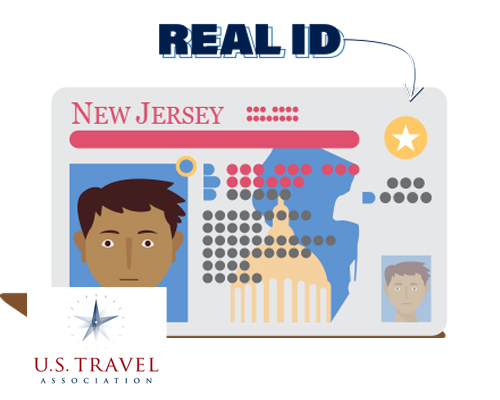November Jobs Report Released: Last month’s job numbers announced this past Friday by the US Bureau of Labor Statistics were better than economists expected as employers added 263,000 jobs to their payrolls in November. The unemployment rate remains unchanged at 3.7 percent. The sectors that added the most jobs were leisure and hospitality (88,000, mostly in food services and drinking places), health care (45,000), and government (42,000). Employment in leisure and hospitality is below its pre-pandemic February 2020 level; the sector was the hardest hit during the pandemic, but has been the most consistently increasing since 2021.

While most consider this good news for the overall economy moving into 2023, steady payroll increases are still coupled with stubborn inflation, higher-than-average fuel costs, supply chain snags, and rising interest rates, which are taking a toll on businesses and consumers alike. Also, several large employers—including many big tech and media firms—have been slowing down on hiring or outright laying off employees. In fact, transportation and professional services were two sectors that saw a decrease in recent months. Some economists are calling it a “white collar downturn,” as most recent job losses have been in the so-called skilled sectors. It is being attributed to a right-siding of jobs in the tech sector, as payrolls were quickly bolstered to accommodate the sudden demand from at-home work and play during the shutdowns. As consumers continue to be comfortable with the risk of COVID, the demand is less for tech and jobs in the hospitality and service sectors have been recouped instead.
Sources: US Bureau of Labor Statistics, CNBC, The Hill

REAL ID Gets Another Break: It’s been nearly two decades in the making, but the REAL ID program is getting yet another extension until May 2025. Originally passed three presidential administrations ago, the REAL ID Act of 2005 was enacted to make it more difficult to steal ID cards for travel and get access to certain federal properties by setting standards across all US states and territories, an issue highlighted by the 9/11 Commission in the ‘aughts. It’s faced several delays since. The Department of Homeland Security, which has been tasked with program enforcement, announced the new deadline this past week, blaming enduring issues from the pandemic and the lack of staff at ID-issuing agencies to meet compliance. After May 7, 2025, you will be required to use a REAL ID-endorsed driver’s license—denoted by the star in the upper righthand corner—to board airplanes and enter certain federal buildings. A valid and current passport is also an acceptable substitute. As local departments of motor vehicles require supplemental paperwork to prove identity before the enhanced IDs will be issued, not to mention an in-person visit to the agency, it’s best to budget extra time and patience.
Sources: Department of Homeland Security, AP News
[12.06.22]

